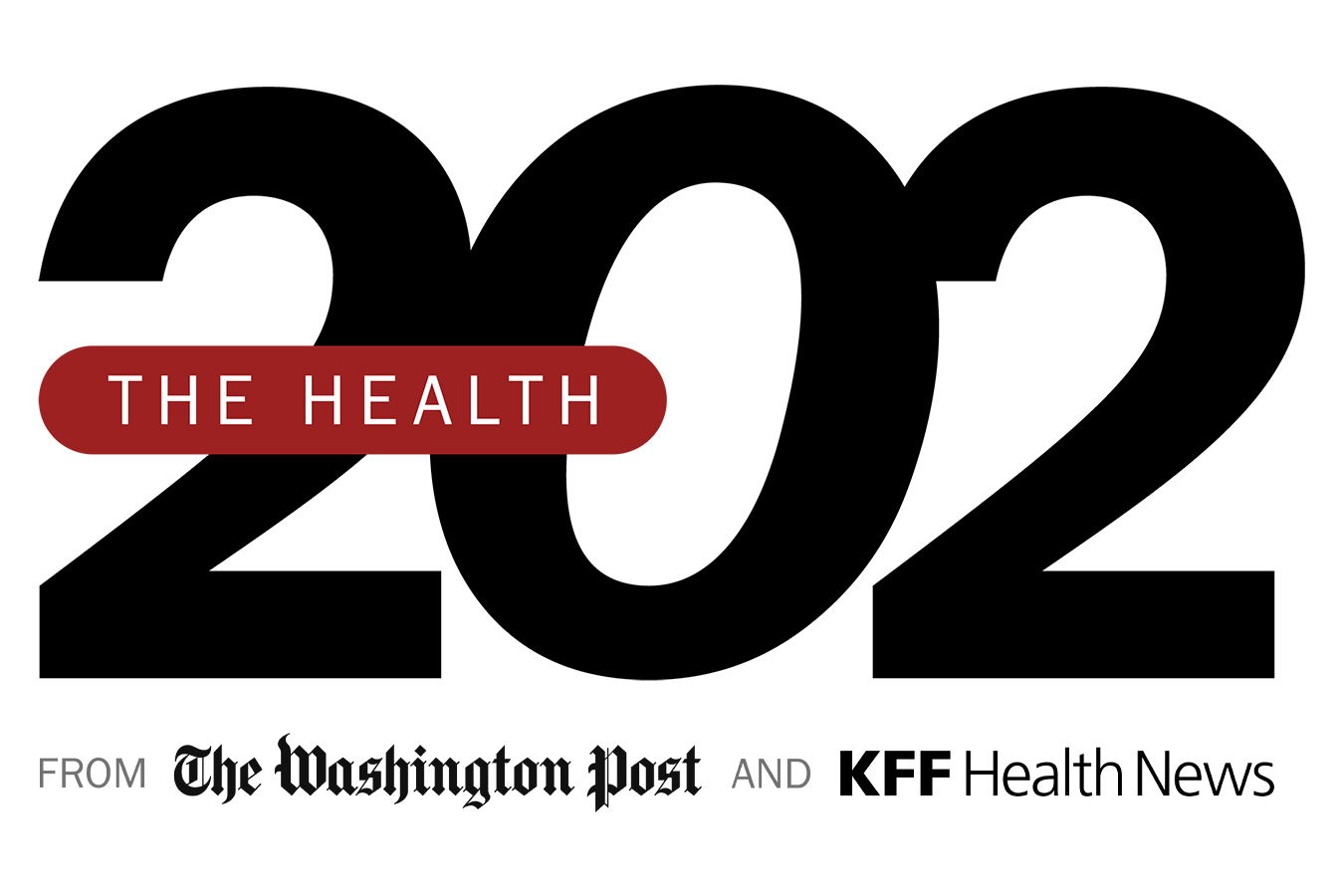Nikki Haley, the last candidate standing between Donald Trump and the GOP presidential nomination, insists that being “unapologetically pro-life” doesn’t make her anti-birth control.
“Let’s find consensus,” she urged at a GOP presidential debate in November. “Let’s make sure we make contraception accessible.”
If only consensus were that easy. In some conservative circles, contraception is nearly as controversial a topic as abortion. And since the fall of Roe v. Wade almost two years ago, calls from the fringes of Haley’s party to also restrict birth control have gotten louder. Haley’s campaign did not respond to requests for comment.
At the same time, support for birth control remains strong among Democratic, Republican and independent voters, according to pollster and former Trump adviser Kellyanne Conway. Conway was among the GOP strategists pressing Republicans last year to adopt a pro-birth control message.
The modern antiabortion movement was launched in the United States in the late 1960s, led mostly by the Catholic Church, which opposes both abortion and most birth control. But it was in the late 1990s and early 2000s when conflation of the two issues began, said Clare Coleman, president and CEO of the National Family Planning & Reproductive Health Association, which represents publicly funded family planning organizations around the nation.
“So now if you oppose abortion you effectively oppose contraception, too,” she said.
Some of that reflected confusion. In 1998, the Food and Drug Administration approved the first “morning after” pill, a regimen of high-dose birth control pills that can prevent pregnancy if taken soon enough after sex. In 2000, just before President Bill Clinton left office, the FDA approved the abortion pill mifepristone, which — unlike the morning-after pill — can end an established pregnancy in its early stages.
The two medicines are regularly confused 2½ decades later, even though the FDA in 2022 changed the label on the most common morning-after pill to emphasize that it does not cause abortion.
Contraception has also come under increased fire due to the federal Title X family planning program, which provides low-cost birth control, sexually transmitted infection testing and treatment, and other preventive services at more than 3,000 clinics nationwide. While Title X funds have never been allowed to be used for abortion, among its main grantees for decades have been Planned Parenthood affiliates, some of which provide abortion services (using nonfederal funds).
Planned Parenthood’s participation helped make Title X such a target for antiabortion forces that Congress has not formally reauthorized the program since 1985. Funding has continued in annual appropriations bills, but at declining levels.
Fights over the program have been heated. The Supreme Court ruled in 1991 that a Reagan-era regulation could require federally funded Title X clinics to stop referring patients for abortion, but the rule never took full effect. Former president Donald Trump imposed a regulation to effectively kick Planned Parenthood out of the Title X program. The rule was reversed by the Biden administration in 2021.
Not all the controversy over birth control has been directly attributable to abortion, however. In the mid-2000s, some pharmacists began to refuse to fill prescriptions for morning-after pills, and even regular birth control methods, because they said providing the medications violated their beliefs. In some cases, pharmacists refused to return written prescriptions to patients, making it harder to get the medications elsewhere.
But those fights were skirmishes compared with the conflagration over language in the Affordable Care Act requiring insurance companies to cover FDA-approved contraception at no upfront cost to patients.
Although churches and other religious entities were not subject to the mandate, and the Obama administration altered rules numerous times so religiously affiliated entities such as schools and hospitals would not have to directly pay for contraception, there were at one point more than 100 separate lawsuits making their way through federal courts.
Eventually, the Supreme Court ruled that not only are religiously affiliated entities exempt from the mandate, but also some private firms could refuse to cover birth control over religious objections.
Fast-forward to 2024. Efforts to establish in state or federal law that life begins at conception — known as “personhood” legislation — would redefine many forms of contraception, including IUDs and many birth control pills, as murder. Late last week the Alabama Supreme Court ruled that frozen embryos are “persons” and those who destroy them can be held liable for their demise.
“Embryos, to me, are babies,”Haleysaid in response to the ruling during an interview with NBC News yesterday.
Even some Republicans who don’t outright promote the fallacy that contraceptives cause abortion have questioned the value of birth control.
“Widespread use of contraception has in my view come with a cost,” Hadley Heath Manning of the conservative Independent Women’s Forum wrote in the New York Times last summer, “facilitating a culture of cheap sex that has created mass confusion, pain and regret in the world of dating and family formation.”
So much for consensus.
This article is not available for syndication due to republishing restrictions. If you have questions about the availability of this or other content for republication, please contact NewsWeb@kff.org.

